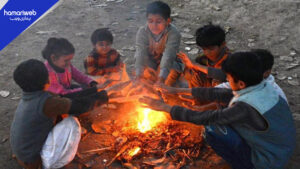Water Boring Rates in Karachi (Per Foot) – 2024 Prices
-
Rida Shahid
-
- Published May 27, 2024

Karachi, the largest city in Pakistan, is currently grappling with a severe water crisis. With a population of over 20 million, the city’s water supply falls significantly short of its demand. This has led to an increasing reliance on groundwater extraction, commonly known as water boring.
The Water Crisis in Karachi
Karachi’s water supply is approximately 550 million gallons per day (MGD), falling short of the city’s demand of over 1200 MGD. This shortage has been attributed to factors such as mismanaged sewage systems, poor urban planning, overcrowding, lack of funding, corruption, and mismanagement. The situation is further exacerbated by the city’s rapid population growth and climate change.
Given the acute water shortage, Karachi’s residents are increasingly turning to groundwater boring as a viable solution. Groundwater boring involves drilling into the earth’s surface to access water stored in aquifers. However, the cost of water boring varies depending on the depth and diameter of the bore.
Water Boring Rates in Karachi
Water boring rates in Karachi are determined by the depth and diameter of the bore. For an 8-inch diameter bore, the cost is Rs. 600 per foot for the first 600 feet, Rs. 800 per foot for depths between 600 to 800 feet, and Rs. 1,000 per foot for depths between 800 to 1,000 feet. The cost increases if the bore diameter is expanded from 8 inches to 12 inches or 15 inches.
As Karachi continues to face water shortages, the demand for groundwater boring is expected to rise. While this provides a temporary solution, it’s crucial to address the root causes of the water crisis for a sustainable future. It’s also important for residents to be aware of the costs associated with water boring to make informed decisions.







Leave a Reply